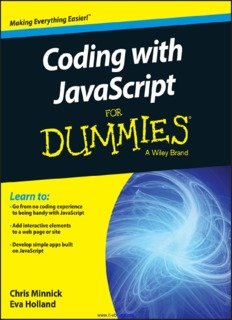Описание
Отточите свои аналитические навыки с помощью книги Брюса Н. Уоллера «Критическое мышление: обдумайте вердикт», шестое издание!
В этом заставляющем задуматься тексте Брюс Н. Уоллер призывает читателей к строгому критическому мышлению и анализу. Через призму современных проблем и судебных дел в этом шестом издании исследуются принципы и методы критического мышления, что дает читателям возможность оценивать аргументы, оценивать доказательства и делать обоснованные выводы.
Независимо от того, являетесь ли вы студентом, оттачивающим свои аналитические способности, или профессионалом, стремящимся улучшить свои навыки принятия решений, эта книга предоставляет комплексную основу для развития здравого рассуждения и логического мышления. С помощью обновленного содержания и примеров из реальной жизни Уоллер знакомит читателей со сложностями критического мышления, снабжая их инструментами, необходимыми для ясного и точного решения современных сложных проблем.
Книга «Критическое мышление: обдумай вердикт» предлагает путь к расширению интеллектуальных возможностей в эпоху информационной перегрузки: от анализа стратегий убеждения до выявления логических ошибок. Изучаете ли вы философию, право или просто стремитесь стать более взыскательным потребителем информации, это шестое издание станет вашим руководством по овладению искусством критического мышления и уверенным взвешиванием вердикта.








Xumoyun –
Yaxshi kitob narxiga arziydi zo’r kitob.